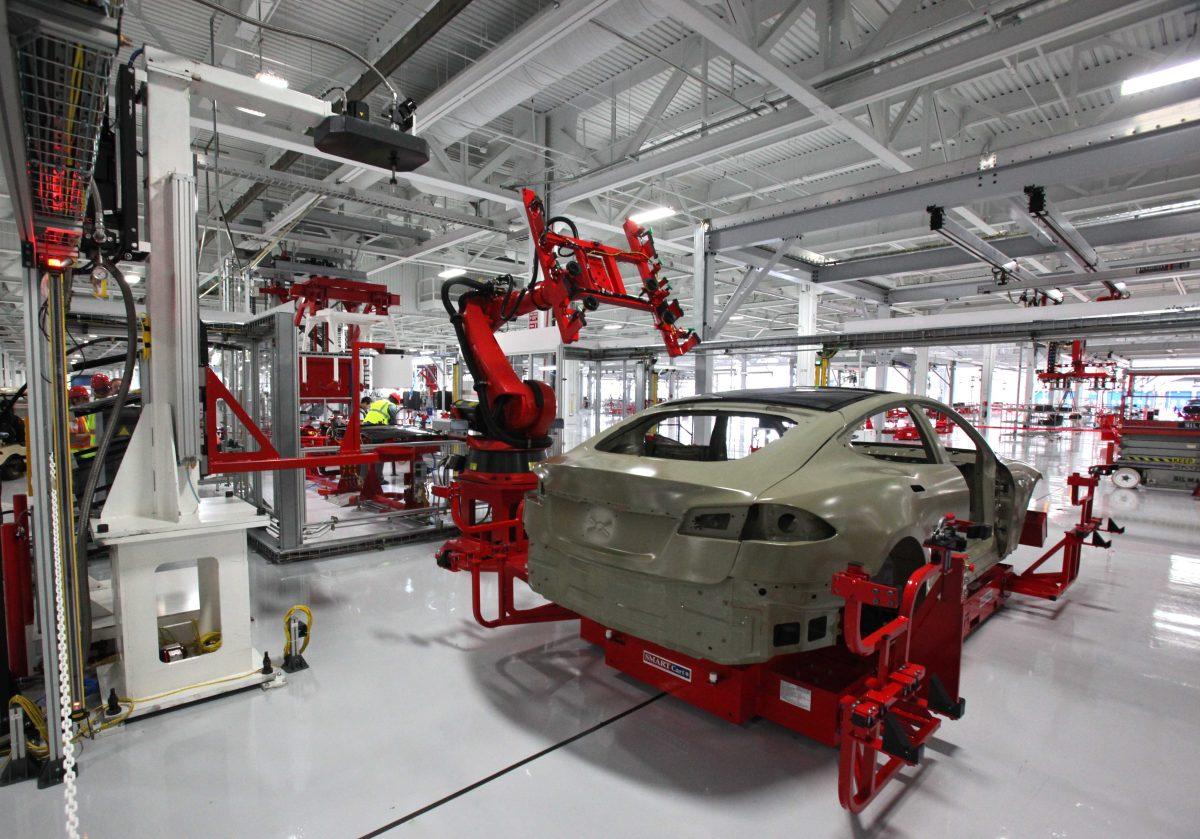In a move sure to have Ayn Rand rolling in her grave, the new Tesla Motors factory in Reno, Nevada, will offer workers an average of $25 an hour — well above minimum wage.
Tesla’s announcement comes months after several large companies such as Wal-Mart and Starbucks announced wage raises that will exceed the federally mandated minimum wage of $7.25 an hour. However, the auto manufacturer’s specified wage far exceeds what most other companies are offering.
This is not the first time Tesla’s business practices have tested the limits of acceptable capitalist behavior.
For years, the company has battled auto-dealer lobbyists over legislation forbidding the direct sale of its cars to consumers. As of last month, Tesla’s direct sales were still banned in 26 states, including Louisiana.
Nevermind that Tesla’s direct-to-consumer model creates a smoother and lower-pressure environment for buyers. Disregard the fact that encouraging the sale of electric cars would benefit the environment. Traditional car dealers want their cut of the action, and they have the lobbyists to get it.
It seems fitting that a forward-thinking company like Tesla would bring such a generous offer to the table. The company’s founder and CEO Elon Musk is notably engaged in futuristic activities like space exploration. But it appears he is willing to bring capitalism into the 21st century as well.
For too long, the market economy of the United States has been mired in the cutthroat economic theory of the 19th century. Too often, business owners hide greedy, irresponsible business practices behind free market dogma.
Automakers like General Motors cut corners and postpone recalls, leading to consumer deaths. Oil companies such as Exxon-Mobil and British Petroleum destroy the environment with pollution and shirk responsibility for their mistakes.
When will we stop allowing corporations to walk all over us in the name of the free market?
Capitalism doesn’t have to be conducted this way. Look at the Nordic countries, where market economies are tempered by ethical considerations. High wages, ample vacation time and a host of other benefits are the norm in countries where workers are seen as human beings rather than cogs in a machine.
Unfortunately, ethical considerations in the U.S. are often hampered by government inaction. It is no surprise minimum wage legislation has stalled for years. Our legislature, controlled to an inordinate degree by moneyed interests, is naturally slow to adopt any policy that could negatively affect the profit margins of corporations.
Perhaps the best we can hope for is that ethical business models will become fashionable as trendy young companies garner attention for their high wages and other perks. In this way, the market itself could put pressure on businesses to conduct themselves properly in lieu of government intervention.
But in the meantime, here’s a thought: Maybe if you can’t afford to pay your workers a living wage, if you can’t afford to take care of the environment and if you can’t afford to conduct yourself like a decent human being, then you shouldn’t be in business in the first place.
If you take my advice, I know a few places that are hiring. I hear they pay pretty well, too.
Alex Mendoza is a 22-year-old political science and international studies senior from Baton Rouge. You can reach him on Twitter @alexmendoza_TDR.
Opinion: Tesla’s high wages part of a hopeful trend in ethical business
By Alex Mendoza
April 20, 2015
Tesla Motors
More to Discover











